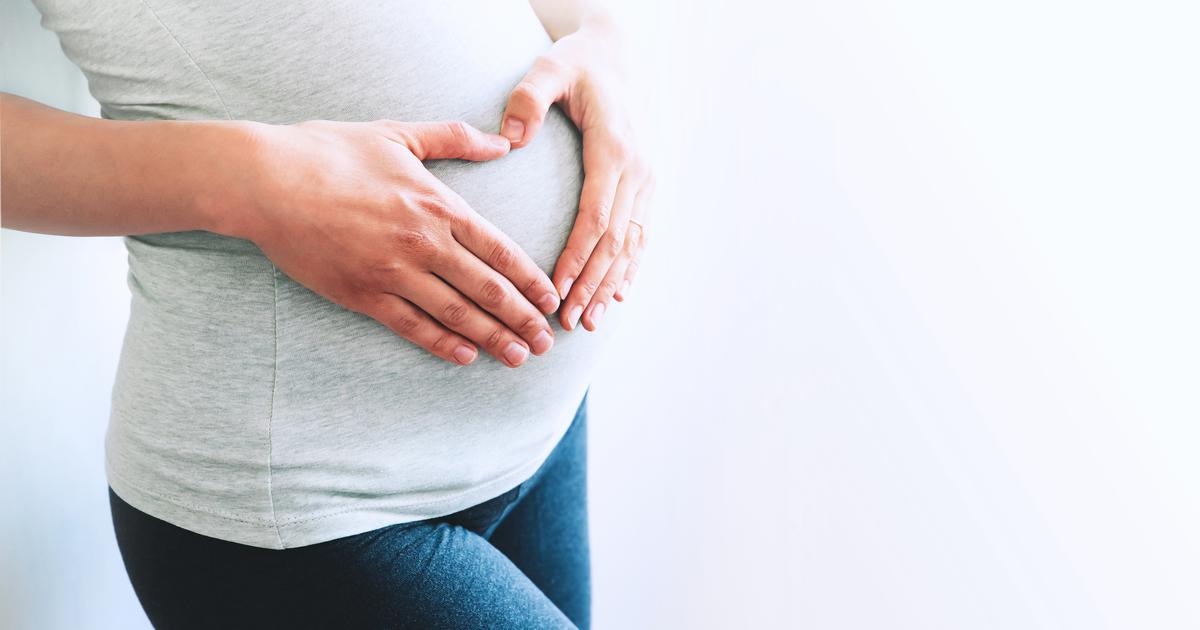Pregnancy is a life-changing journey, and for many women, it begins with small but noticeable changes in the body. While a missed period is the most common sign, there are several other early symptoms that may appear before or shortly after it. Recognizing these signs can help women understand their bodies better and decide when it’s time to take a pregnancy test or consult a healthcare professional. Here are the top 10 early pregnancy symptoms every woman should know about.
1. Missed Period
One of the first and most obvious signs of pregnancy is a missed menstrual cycle. If your period is usually regular and suddenly doesn’t arrive on time, it could be an indicator of pregnancy. However, other factors like stress, hormonal imbalance, or medical conditions can also cause delays. If your period is late and you are sexually active, it’s wise to take a pregnancy test for confirmation.
2. Nausea and Morning Sickness
Nausea, commonly referred to as morning sickness, is another classic early pregnancy symptom. Despite its name, it can occur at any time of the day. This discomfort is usually triggered by hormonal changes, particularly the rise in human chorionic gonadotropin (hCG). For some women, nausea begins within two weeks of conception, while others may experience it later. Staying hydrated and eating smaller, frequent meals can sometimes ease this symptom.
3. Tender and Swollen Breasts
Breast changes are often among the earliest physical signs of pregnancy. Hormonal fluctuations cause the breasts to feel fuller, more sensitive, or sore. The area around the nipples (areolas) may darken, and veins in the breast may become more visible. These changes prepare the body for breastfeeding and usually become noticeable within a couple of weeks after conception.
4. Fatigue and Tiredness
Feeling unusually tired without any clear reason can also signal early pregnancy. The body produces more progesterone during this time, which can make you feel sleepy and drained of energy. Additionally, your body is already working harder to support the developing embryo, increasing your need for rest. Getting enough sleep, eating nutritious foods, and staying hydrated can help manage fatigue.
5. Frequent Urination
If you notice that you are visiting the bathroom more often than usual, it might be an early sign of pregnancy. During pregnancy, the kidneys become more efficient, and hormonal changes increase blood flow, leading to more frequent urination. This symptom may appear as early as six weeks into pregnancy and usually continues throughout.
6. Food Cravings and Aversions
Pregnancy can cause sudden changes in appetite, including cravings for specific foods or aversions to others. These changes are linked to hormonal fluctuations that affect taste and smell. Some women may crave unusual food combinations, while others may feel nauseated at the thought of foods they once enjoyed. These cravings and aversions are normal and often fade as pregnancy progresses.
7. Mood Swings
Hormonal changes in early pregnancy can affect neurotransmitters in the brain, leading to mood swings. You may feel emotional, anxious, or more sensitive than usual. While mood swings are a common part of early pregnancy, practicing relaxation techniques, exercising lightly, and seeking emotional support from loved ones can help maintain balance.
8. Bloating and Cramps
Many women experience bloating and mild cramping in early pregnancy, which can feel similar to premenstrual symptoms. This occurs as the uterus begins to expand and hormonal changes affect digestion. Bloating may make clothes feel tighter than usual, and mild cramping can be a result of implantation. However, severe cramps or pain should always be evaluated by a doctor.
9. Light Spotting (Implantation Bleeding)
Some women notice light spotting or implantation bleeding in the early stages of pregnancy. This typically occurs when the fertilized egg attaches to the uterine wall, approximately 10 to 14 days after conception. Implantation bleeding is usually lighter than a period, with a pink or brown color, and lasts for a shorter duration. It should not be heavy or accompanied by severe pain.
10. Dizziness and Headaches
Changes in blood pressure, expanding blood volume, and hormonal fluctuations can lead to dizziness or headaches during early pregnancy. While these symptoms are common, staying hydrated, eating regularly, and avoiding sudden movements can help alleviate them. Persistent or severe dizziness, however, should always be reported to a healthcare professional to rule out other conditions.
When to Take a Pregnancy Test
If you notice several of these symptoms together, especially a missed period along with nausea, fatigue, and breast tenderness, it’s a good idea to take a home pregnancy test. Most tests are accurate a few days after a missed period. For more reliable results, consulting a doctor and getting a blood test can provide confirmation.
Get your Beta hCG test at Abu Bakar Lab
Conclusion
Early pregnancy symptoms vary widely from woman to woman some may notice several changes immediately, while others may not experience obvious signs until weeks later. Understanding these early indicators can help you recognize pregnancy sooner and prepare for the next steps in your journey. If you suspect you might be pregnant, the best course of action is to confirm it with a pregnancy test and schedule a check-up with your healthcare provider. Detecting pregnancy early ensures that both you and your baby receive the right care from the very beginning.



